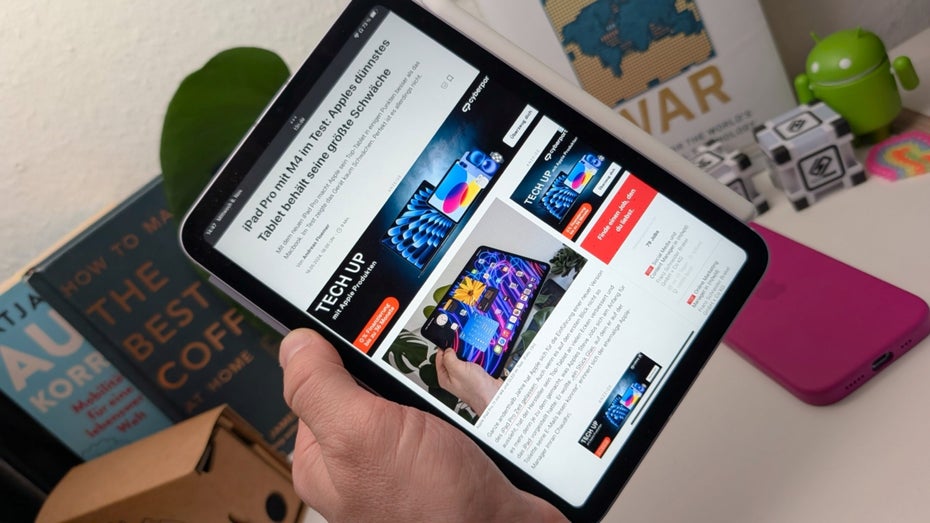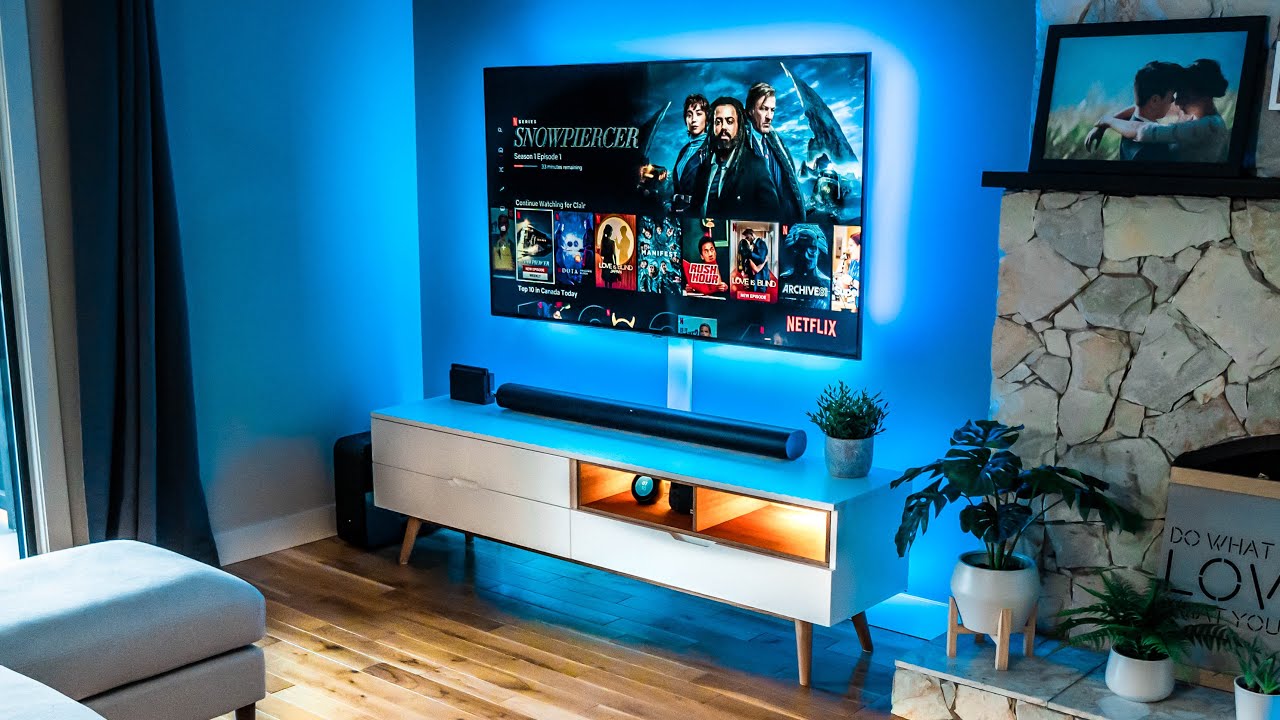Apple’s Dual Triumph: Vision Pro and iPad Mini
Apple is once again at the forefront of technological innovation, unveiling two significant products: the Vision Pro mixed reality headset and the newly updated iPad Mini. These devices confirm Apple’s commitment not only to maintaining a competitive edge in the market but also to enhancing user experiences across the board. In this article, we delve into the nuances and implications of both announcements, exploring their potential impact on the tech landscape and consumers alike.

The Apple Vision Pro headset promises a leap into augmented reality.
Vision Pro: The Future of Mixed Reality
The Apple Vision Pro made waves upon its initial release in April, with its premium pricing of $3,499 setting it apart from its competitors. The mixed reality headset features an impressive pixel density of 3,391 pixels per inch (ppi), rendering images with astonishing clarity. However, as Apple’s strategy evolves, reports have emerged suggesting a more affordable version is in the works, potentially utilizing Samsung’s W-OLED+CF display technology. This move aims to bring the magic of mixed reality to a broader audience while still maintaining high-quality visuals, albeit at a slightly reduced pixel density of 1,500ppi.
Apple’s shift in approach, moving from its costly OLEDoS panels to glass plate technology, indicates a strategic pivot meant to reduce costs without heavily compromising quality. Notably, this potential headset is unlikely to see daylight before 2027, but the anticipation is palpable. Analyst Ming-Chi Kuo has suggested that this delay is aimed at perfecting the design and specifications for a product that aligns with Apple’s high standards.
iPad Mini: Small Yet Mighty
Introducing the 2024 iPad Mini, Apple has continued to exhibit its ability to innovate within its established product line. The new model is nearly indistinguishable from its predecessor released in 2021, echoing a design that mirrors the iPad Air. However, underneath its familiar facade, the iPad Mini has seen meaningful enhancements, positioning it for success in a landscape increasingly dominated by powerful, compact devices.

The iPad Mini 2024 edition remains a compact powerhouse.
When it comes to performance, the iPad Mini features the A17 Pro chip, albeit with one less graphics core compared to the iPhone 15 Pro. This may seem like a minor adjustment, but it highlights a strategic decision to balance power and price, ensuring the Mini remains accessible while still offering robust capabilities.
In terms of memory and storage, this iteration comes equipped with 8GB of RAM and a starting storage capacity of 128GB. This is a significant upgrade that reflects the evolving needs of users who demand more from their mobile devices. Additionally, it supports the latest Apple Intelligence features, although functionalities will be limited until April 2025.
Educational Innovations: Gladiators and BBC micro:bit
In a bid to inspire young minds, the BBC has collaborated with the iconic show Gladiators to spark creativity amongst primary school students through a design competition using the BBC micro:bit. Schools across the UK are challenged to dream up a gadget that enhances athletic performance, illustrating how tech can bridge the gap between gaming and real-world applications.
Helen Foulkes, the Head of Education at BBC, comments, > “We’re calling on primary school teachers around the country to harness the power of the Gladiators and fire up children’s imaginations.” The competition invites children aged 7 to 11 to engage with technology, pushing the boundaries of their creativity, aided by designed lesson plans that make technology entertaining and educational.
The winning school will be awarded an exclusive visit from a Gladiator and a £500 voucher for computing equipment, emphasizing the tangible benefits of engaging with STEM subjects. With nearly 700,000 micro:bits distributed in UK schools, the competition exemplifies a profound complimentary engagement with Apple’s educational pursuits.

Micro:bit fosters creativity in tech education.
Conclusion: Apple’s Vision and Generation of Thinkers
Both the Vision Pro and iPad Mini reaffirm Apple’s commitment to innovation while also inspiring the next generation of creators and thinkers. As Apple continues its journey towards making advanced technology accessible, the interplay between consumer electronics and educational initiatives highlights a pivotal shift in how we view learning through technology. Whether it’s enhancing user experiences through a mixed reality headset or inspiring young pupils to innovate with tools like the micro:bit, Apple is setting a standard that others in the tech industry will surely strive to meet.
With these developments, the buzz around Apple products is bound to continue, with consumers and educators alike eagerly awaiting what’s next on the horizon. The future looks bright with innovation at its core, and Apple is leading the charge.
Tags
- Apple
- Vision Pro
- iPad Mini
- Technology
- Educational Tools
With these two product lines, Apple isn’t just selling devices—they’re shaping the future of technology through thoughtful innovation and education.


 Photo by
Photo by 











